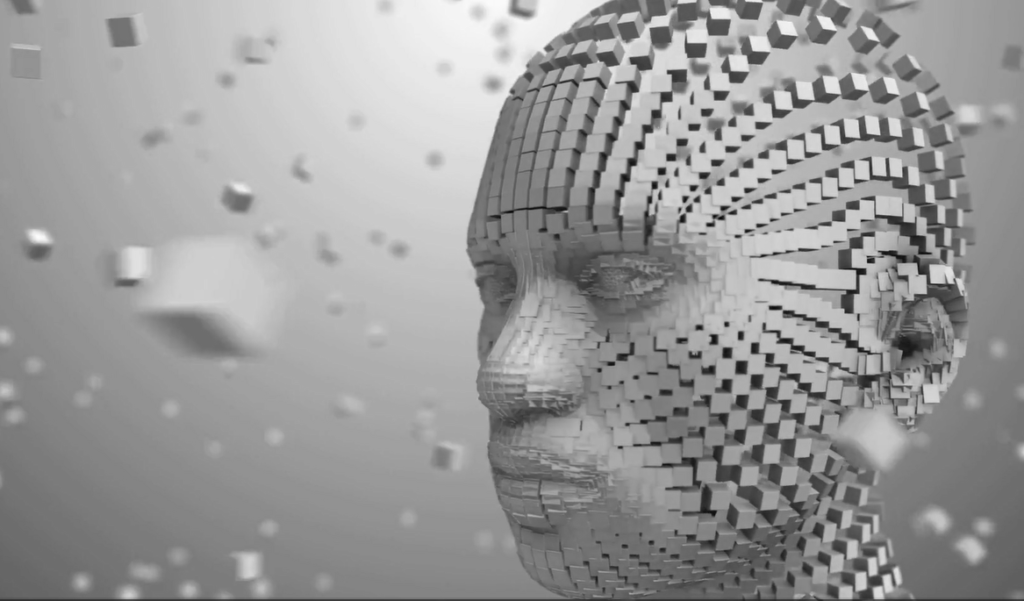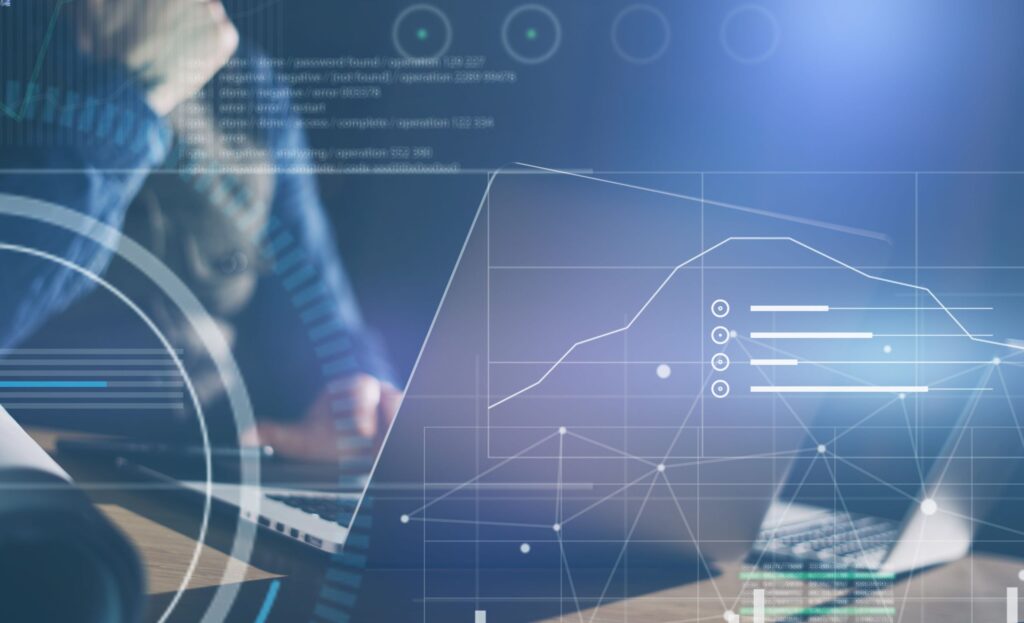RIoT recently celebrated its 10th anniversary, reflecting on the past decade of IoT and data analytics. Looking ahead, the next 10 years are poised for significant advancements in various areas.
The concept of the “data economy” is central to this future, where industries will heavily rely on real-time automation of data. This shift will require continuous analysis and response to data, moving beyond simply using internet-accessible information.
Several examples of data automation that are likely to become common include:
- Autonomous cargo and human transit – Self-navigating vehicles collect data to navigate safely.
- Persistent health – Wearable sensors monitor health biomarkers continuously.
- Optimized energy management – Transitioning to a mesh network for energy storage and transmission.
- Systems of systems – Fusing disparate data sets for greater benefits across various systems.
The advancement of the data economy relies on computing data with higher complexity at lower costs. Quantum computing emerges as a promising solution to challenges related to size and energy in traditional computing systems.
Looking ahead, augmented reality is expected to make a significant impact. As technology continues to advance, AR will likely become a mainstream tool for enhancing daily activities and experiences.
The next decade holds promise for significant advances in various fields driven by data analysis. As industries continue to automate data processes, the future looks bright for the data economy.
What technologies and use cases do you anticipate will drive innovation in the next 10 years?



